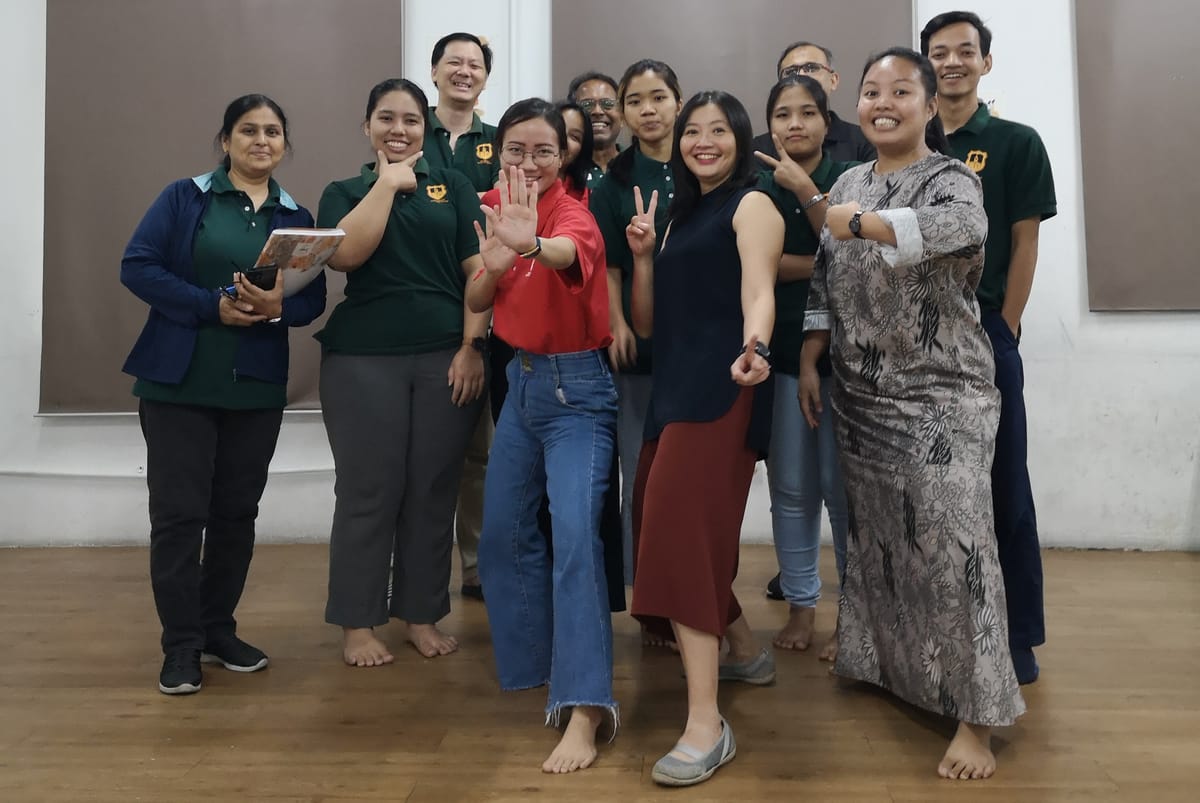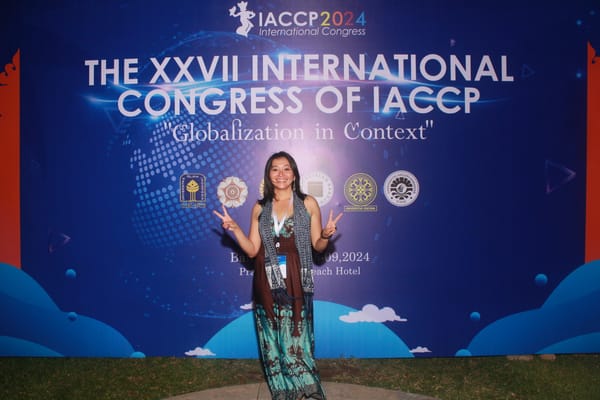Zomi Psychology Research in Malaysia
Many Zomi, an ethnic group from Myanmar, fled to Malaysia due to internal conflict. Research has shown Zomi are uniquely resilient in the face of hardship. Can we learn from them?

There was a research plan; then there was the actual data collection. My initial plan was to compare the psychological adaptation of refugees in Malaysia and Portugal. I hypothesised that the host country's support (or lack thereof) could have helped or hindered refugees' adaptation.
Within a few short months of data collection, it became clear that I could not follow the original plan... the most significant number of respondents received in the data collection were from the Zomi community in Malaysia. It would be misrepresenting the refugee population in Malaysia if the research were to be based on Zomi data alone.
The Zomi is an ethnic group predominately from the Chin state of Myanmar. Many fled to Malaysia due to internal conflict.
Here, I was presented with the marvellous opportunity to investigate the psychology of the Zomi people in Malaysia, a rare type of research!
Along with presenting the research findings to our supportive partner, the North-South Initiative (NSI), I had the opportunity to present the Zomi research to the Children's Training Centre (CTC) and the Zomi Association of Malaysia (ZAM), two other organisations who have helped tremendously with data collection. The presentation title is "How The Zomi Adapt to Life in Malaysia?"
A significant finding from this research is that Zomi found ways to protect their psychological well-being from the negative experiences of the loss of control from forced displacement. Check out the presentation to find out possible reasons for how they have done this.
The presentation took place on the 6th of April, 2023. The research project was accomplished with the openness, support, guidance and dedication of Tg. Paupi, Franklin Morais and the CTC staff.
If you'd like to know more about this research, please reach out.





